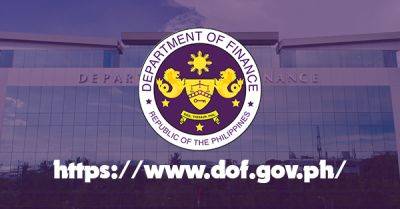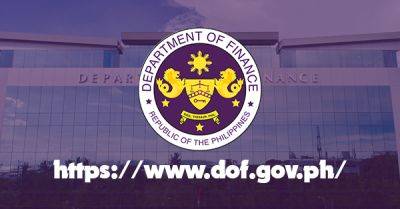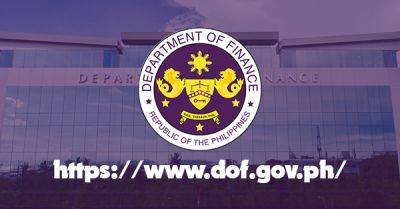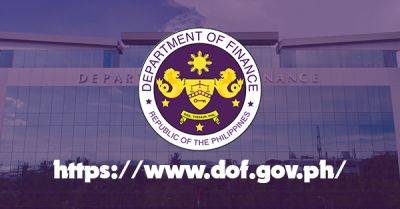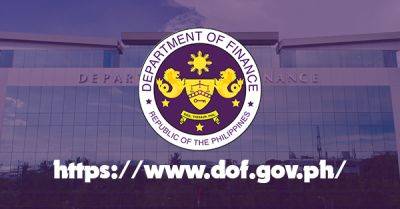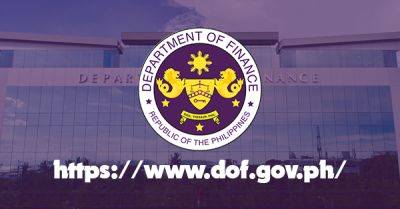DOF: Gov’t actively mitigating inflationary pressures to protect consumers, retailers, and farmers
The country’s headline inflation rate rose to 5.3 percent in August 2023 from the 4.7 percent recorded in the previous month. This brings the year-to-date inflation rate to 6.6 percent, higher than the Development Budget Coordination Committee (DBCC) assumption of 5.0 to 6.0 percent for full year 2023.
“The government is resolute in its commitment to mitigate the impact of inflation and help protect our consumers, retailers, and farmers. While we are seeing a slight uptick, our inflation rate assumption of 5 to 6 percent for full year 2023 remains doable,” Finance Secretary Benjamin E. Diokno said.
The main contributors to the August headline inflation are Food and non-alcoholic beverages, contributing 3.1 percentage points (ppt) to the 5.3 percent headline inflation; Restaurants and accommodation services (0.7 ppt); and Housing, water, electricity, gas and other fuels (0.5 ppt).
Food inflation for August 2023 rose to 8.2 percent from the 6.3 percent recorded in the previous month and the 6.5 percent in August of last year.
In terms of food commodities, rice and vegetables contributed largely to headline inflation following recent typhoons during the Habagat season.
“To manage upward pressures in the price of rice, the imposition of price control on rice through Executive Order No. 39 serves as a short-term measure against non-competitive practices by market players. Price controls, when carefully calibrated and closely implemented, are effective in the near term,” Secretary Diokno said.
The government will implement measures to mitigate the concerns of rice retailers and farmers and at the same time adopt a comprehensive approach to ensure that the rice supply remains sufficient at lower prices and greater competition is promoted in the rice industry.
Inflation for non-food items rose mainly due to the increase in housing rentals, food and beverage serving services, as well as passenger transport services due to the recent oil price hikes, attributed to ongoing Organization of the Petroleum Exporting Countries (OPEC+) supply cuts.
The government has been undertaking measures to mitigate non-food inflation by tackling energy and water demand management measures;


